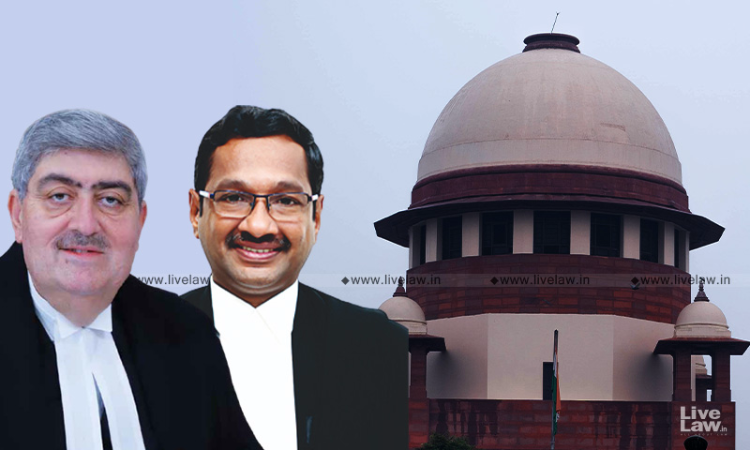On Friday, the Supreme Court held that even for protected witnesses declared so under Section 173(6) of the Code of Criminal Procedure, 1973 ("Cr.P.C.) read with Section 44 of the Unlawful Activities (Prevention) Act, 1967 ("UAPA"), the accused can exercise their right under Sections 207 and 161 of the Cr.P.C to obtain copies of their redacted statements which would ensure that the identity...

